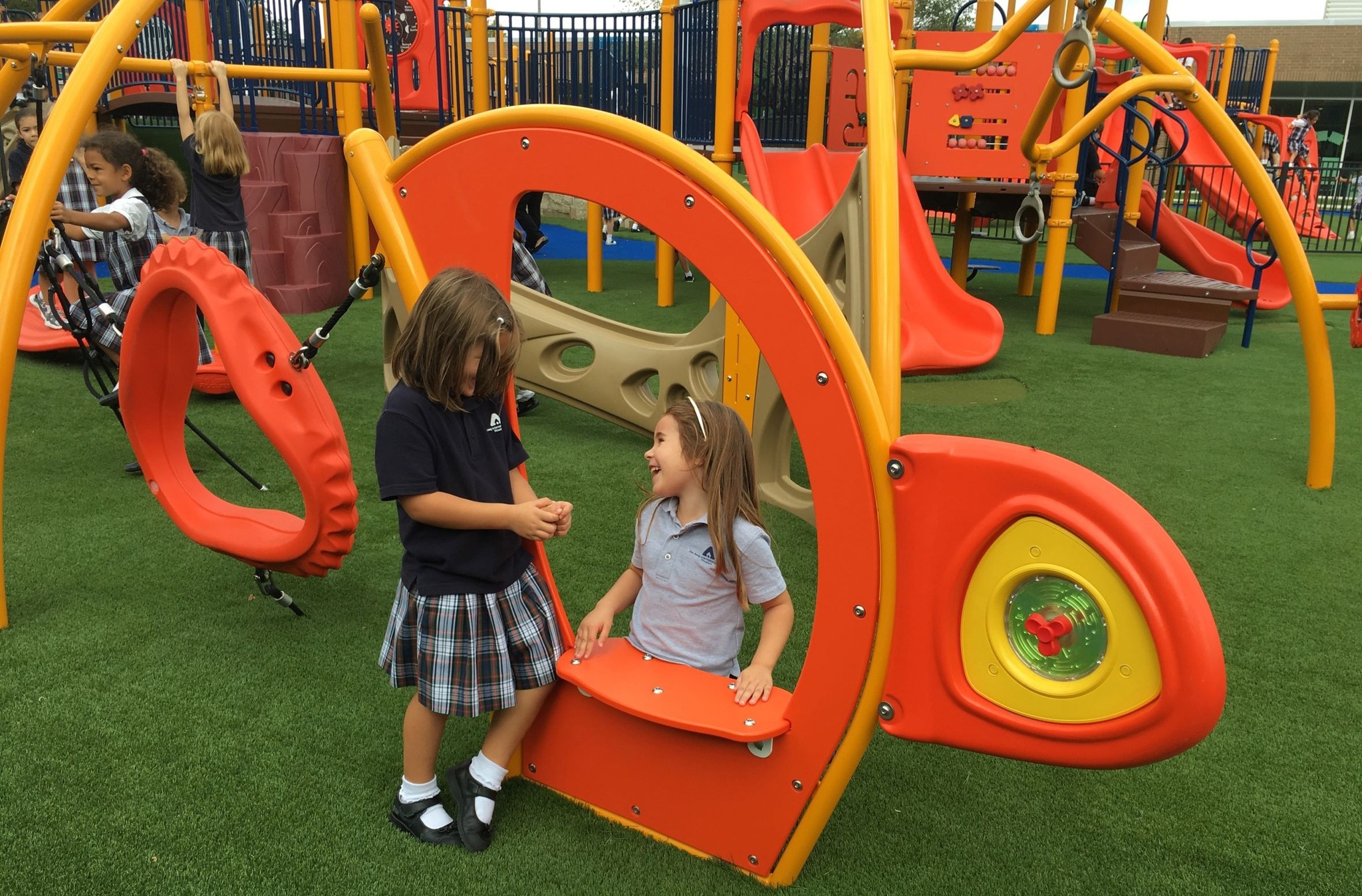There are cases of children who cannot express their feelings and emotions in the same way as adults. Additionally, there are children with some disabilities, whether physical or mental, who need the appropriate means to face and overcome the difficulties that arise during their increase. Playgrounds are an effective means of helping children overcome challenges and acquire skills, making them an essential tool as part of child therapy. Next, we will learn a little more about this topic.
Play therapy
There is a type of therapy called play therapy, which is used to help children overcome physical and behavioral difficulties by allowing children to communicate their feelings through play. Play therapy helps children with physical disabilities develop the strength and mobility necessary to perform specific tasks involving playgrounds. The playgrounds are very useful here since they can carry out individual and group activities to encourage the child’s communication.
The why of therapy
Play therapy has the same principle as traditional therapy since what is sought is for the person to express themselves freely before the therapist obtains solutions to present conflicts. The ability to express oneself is essential for development, as well as identifying feelings and having control over them; this allows for establishing healthy relationships with oneself and the environment. A professional therapist has the knowledge and methods necessary to help with this process and enable children’s effective communication and emotional intelligence.
Benefits of including a playground
The playgrounds have elements where children can play and represent their experiences, within a safe environment, without prejudice and with freedom of movement; In addition, the therapists can observe the behavior of the children, identifying the problem and determining an adequate treatment, considering their expressions, words, actions, and preferences. One of the most outstanding benefits of using playgrounds in therapy is that children engage with their therapists through creative activities that help children establish relationships where they feel confident to express their feelings freely.
Versatile therapy
Play therapy is very versatile and has become very popular since it can help children with attention deficit or hyperactivity disorders, being able to help them recognize them and learn to manage them. Play therapy serves to solve the inability to concentrate or organization problems; it is also helpful with children with behavioral issues such as conduct disorders, depression, anxiety, or post-traumatic stress disorder.
In the same way, play therapy can help children recover from illness or injury, help with the recovery of strength, manage and cope with anxiety, and calm fears, and elements of the playground can help children with physical disabilities develop muscle strength and practice fine motor skills. Additionally, play therapy benefits children with developmental, social, academic, and coordination developmental delays, such as reading difficulties, lack of social development, coordination, language delays, and more.
What do you think about this topic? What do you think about play therapy and the playgrounds?
If you want to know more about playgrounds, you can contact us or write your question below (comments section).
